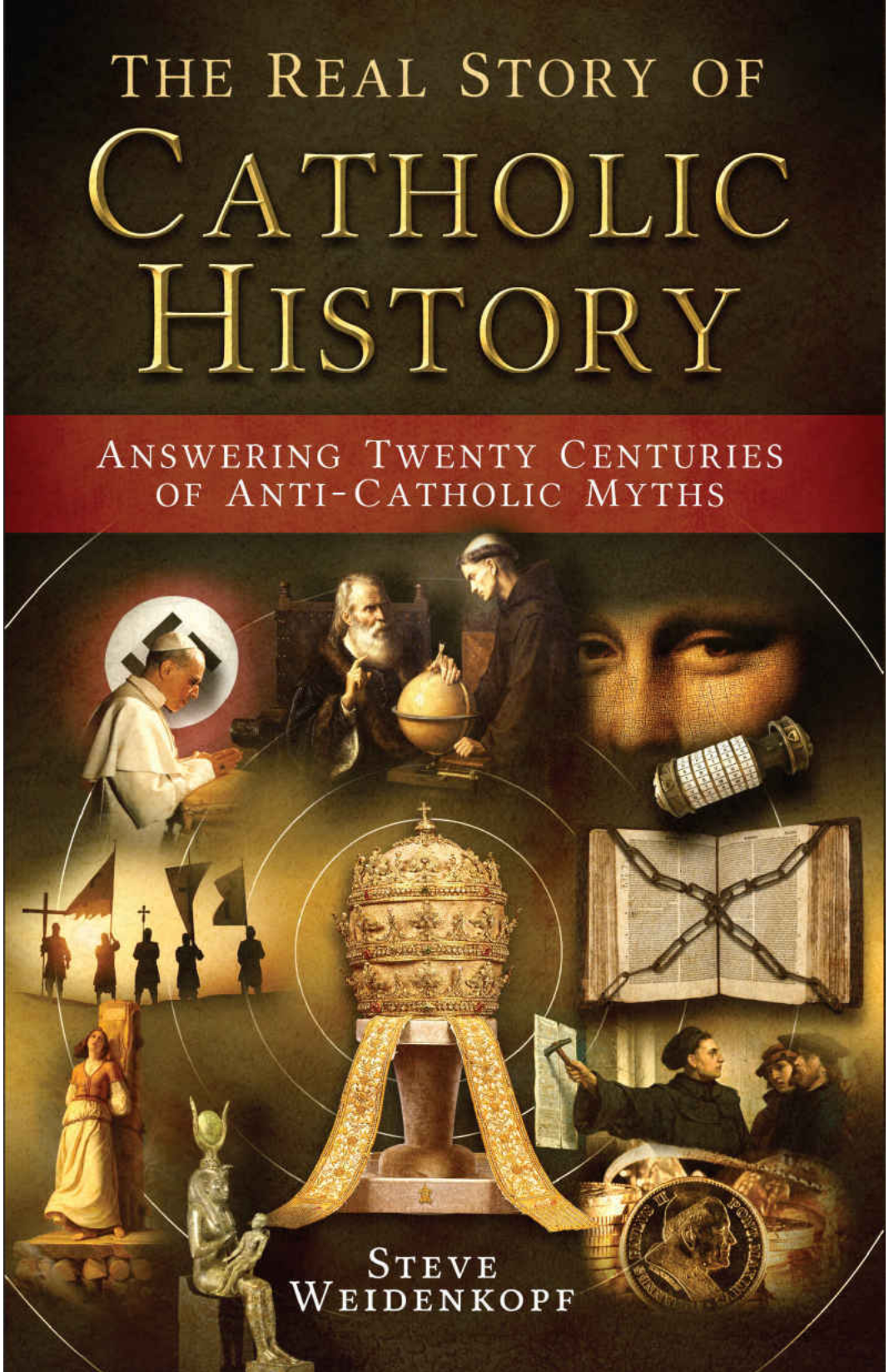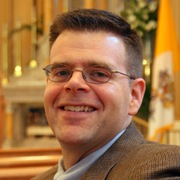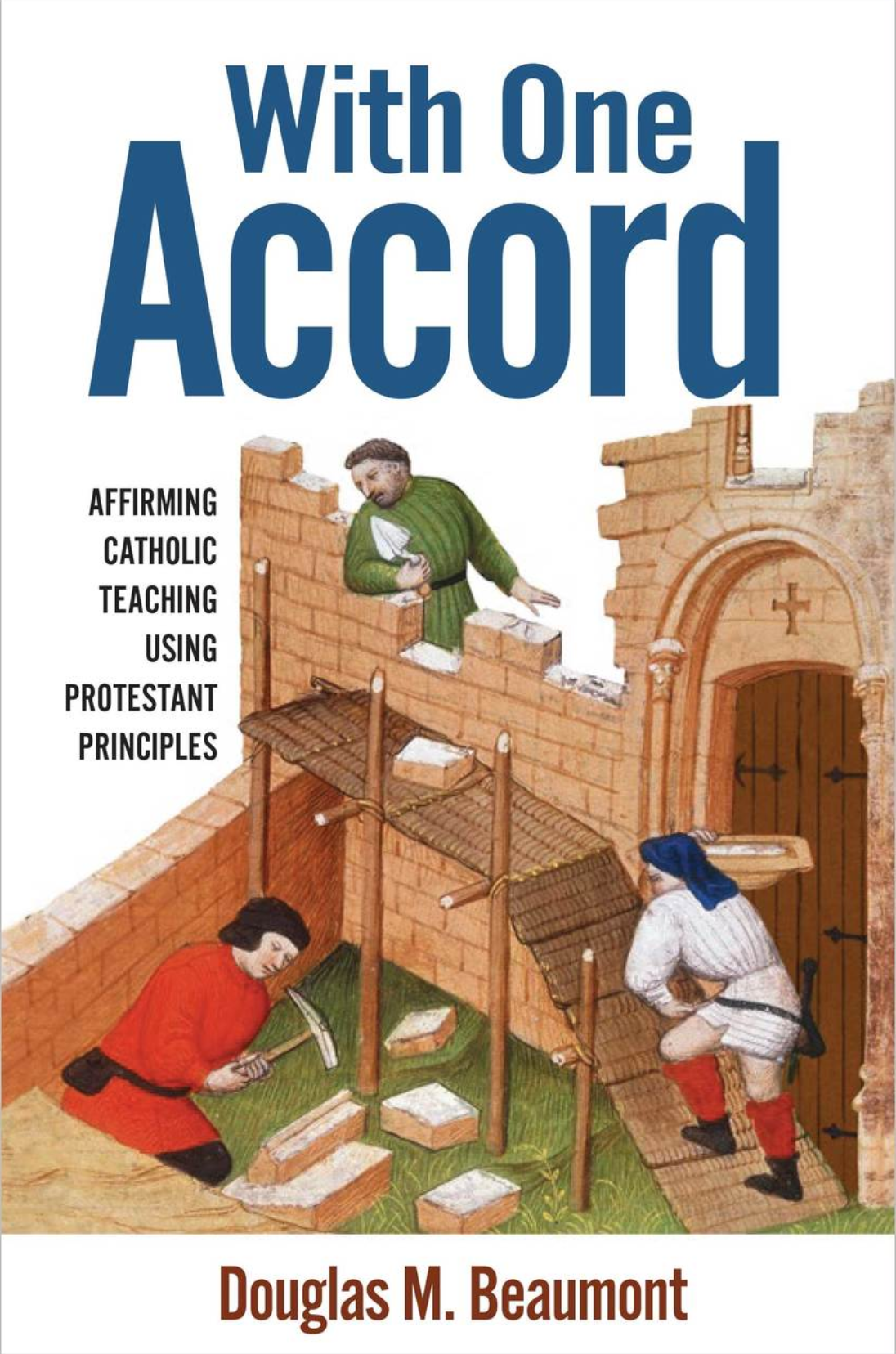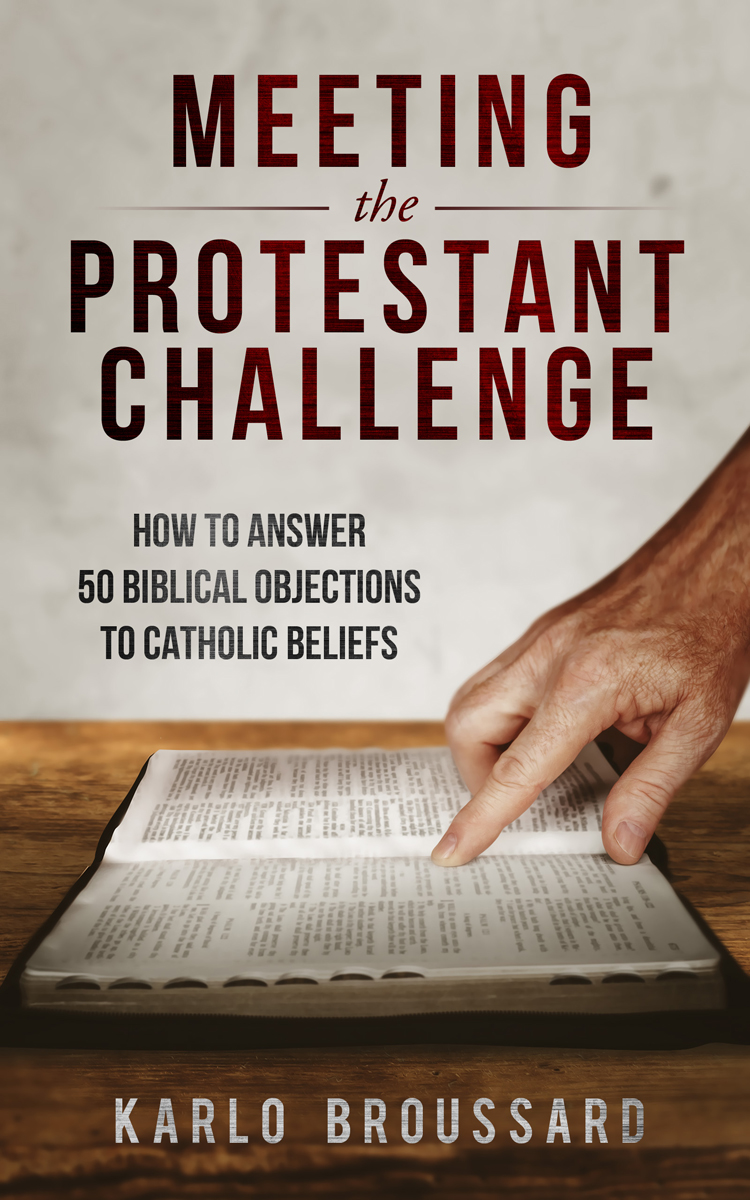Ignorance is NOT a synonym for stupid. Ignorance is a lack of knowledge, NOT mental capacity.

-by Jimmy Akin
“In moral theology, ignorance is defined as a lack of knowledge that a person ought to have. Ignorance is distinguished from mere nescience, which is a lack of knowledge that a person has no need of. For example, a person who did not know the square root of 1429 would be ignorant of it if he were taking a test that required him to know the answer, but he would be nescient of it if performing a task that didn’t require the number.
Moral theology divides ignorance into a number of categories. The two I will consider here are invincible and vincible. Ignorance is invincible if it a person could not remove it by applying reasonable diligence in determining the answer. Ignorance is vincible if a person could remove it by applying reasonable diligence. Reasonable diligence, in turn, is that diligence that a conscientious person would display in seeking the correct answer to a question given (a) the gravity of the question and (b) his particular resources.
The gravity of a question is determined by how great a need the person has to know the answer. The answers to fundamental questions (how to save one’s soul, how to preserve one’s life) have grave weight. The answers to minor questions (the solution to a crossword puzzle) typically have lightweight.
The particular resources a person has include (a) the ease with which he can obtain the information necessary to determine the answer (e.g., a man with a good textbook on the subject may be able to find the information with greater ease than a man who lacks such a textbook) and (b) the ease with which he can make an accurate evaluation of the evidence once it is in his possession (e.g., a smart man may be able to evaluate the evidence with greater ease than an ordinary man). The graver the question and the greater the resources available, the more diligence is needed to qualify as reasonable. The lighter the question and the fewer the resources available, the less diligence is needed to qualify as reasonable.
Just as it is possible to show less than reasonable diligence, it is also possible to show more than reasonable diligence. Diligence can be supererogatory (and praiseworthy) if one shows more diligence than would be expected from an ordinary, conscientious person. Diligence can be excessive or scrupulous (and blameworthy) if someone spends so much time seeking the answer to a particular question that he fails to attend to other matters he should attend to, or if he refuses to come to a conclusion and continues seeking even when he has enough evidence.
Depending on its type and degree, ignorance may remove, diminish, leave unaffected, or even increase one’s culpability for a materially sinful act (cf. CCC 1735, 1746, 1859). Conversely, it may have the same effects on one’s imputability for a materially righteous act. Here we will deal only with the effects of ignorance on one’s culpability for sin.
Invincible ignorance removes one’s culpability for a materially sinful act, whether one of omission or commission (CCC 1793). Vincible ignorance may affect one’s culpability for a sinful act, depending on the kind of vincibility. If some insufficient diligence was shown toward finding the answer, then the ignorance is termed merely vincible. If little or no diligence was shown, the ignorance is termed crass or supine. If one deliberately fostered the ignorance then it is termed affected or studied.
If vincible ignorance is merely vincible, crass, or supine, it diminishes culpability for the sinful act relative to the degree of diligence that was shown. If a vincibly ignorant person showed almost reasonable diligence, most of his imputability for the sin could be removed. If he was crassly ignorant, having shown little or no diligence compared to what was reasonable, little or none of his imputability would be removed.
Affected or studied ignorance can increase culpability for a sin, especially if it displays hardness of heart, whereby one would commit the sin irrespective of any law that might exist concerning it. Such an attitude shows contempt for moral law and so increases culpability (cf. CCC 1859).
Potentially, ignorance can diminish or remove imputability for any kind of sin. However, no one is presumed to be ignorant of the principles of moral law since these are written on the heart of every man (CCC 1860). It is possible for a person to be invincibly ignorant that an act is required by natural law. This may be true if the act involves a point that is not obvious, if the person is not mentally quick enough to discern the application of natural law to the case, or if he has been raised to strongly believe in a system that denies the point of natural law. However, such ignorance must be proven, not presumed.
In practical use, the terms vincible and invincible may pose problems for those unfamiliar with Catholic moral terminology. For many, vincible is a wholly unfamiliar term and invincible can suggest that which can never be overcome, no matter how much diligence is shown. Because of these difficulties, it may be advisable in practice to speak of innocent (invincible) and culpable (vincible) ignorance when addressing such people.
However, other individuals (notably radical traditionalists and Feeneyites) may view one as suspect if one substitutes the innocent/culpable ignorance terminology. When addressing such individuals, the standard terminology should be used.
A special case is the application of vincible and invincible ignorance to salvation. Failure to embrace the Christian faith (infidelity), total repudiation of the Christian faith (apostasy), and the post-baptismal obstinate denial or willful doubt of particular teachings of the Catholic faith (heresy) are objectively grave sins against the virtue of faith. Like any other grave sins, if they are committed with adequate knowledge and deliberate consent, they become mortal sins and will deprive one of salvation.
Also like any other grave sins, their imputability can be removed, diminished, unaffected, or increased by the varying types of ignorance. Invincible ignorance removes culpability for the sins against faith, merely vincible ignorance diminishes culpability (sometimes to the point of being venial), crass or supine ignorance will affect culpability for them little or not at all, and hard-hearted, affected ignorance will increase culpability for them.
For those who have had their culpability for sins against faith removed or diminished to the point of veniality, they are not mortal sins and thus will not of themselves deprive one of heaven. A person who is ignorant of the gospel of Christ and his Church through no fault of his own (or, by extension, through his merely venial fault) can be saved-if he otherwise does what is required for salvation, according to the level of opportunity, enlightenment, and grace God gives him (CCC 847, 1260).
In such cases, people are not saved apart from the true Church. Though they are not “fully incorporated” into the mystical Body of Christ, they are “joined” or “related” to the Church (to use Vatican II’s language) by the elements of saving grace God has given them. One might thus speak of them as having been “partially incorporated,” though not obtaining membership in the proper sense (Pius XII, Mysitici Corporis 22).
Unfortunately, there are a number of erroneous views regarding salvation and invincible ignorance that need to be pointed out. First, the fact that someone is invincibly ignorant of the true faith is not a ticket to heaven. A person who is not culpable for sins against faith may still be culpable for other mortal sins-the same ones people of faith can commit-and may be damned on that account.
Second, the fact that someone is invincibly ignorant does not mean that they should not be evangelized. The farther from the center of God’s truth a person is the more spiritual jeopardy they are in. Even if they are not culpable for sins against faith, the fact they are ignorant of the true religion and do not have access to the sacraments means that they are more likely to commit mortal sin and thus more likely to be damned. Christ did not leave us the option of only evangelizing some peoples (Mark 16:15) or of only teaching them some doctrines (Matt. 28:20). Consequently, it is a false understanding of evangelism or a false spirit of ecumenism that would suggest that classes of people can be left in total or partial ignorance of the true faith on the pretext that they are invincibly ignorant and should not be disturbed.
Third, those who have accepted the Catholic faith are in a special position concerning innocent ignorance. Vatican I taught that God gives special grace to those who have embraced the true faith so that they may persevere in it, “not deserting if he [God] be not deserted.” As a result of this special grace, “those who have received the faith under the teaching authority of the Church can never have a just reason to change this same faith or to reject it” (Dei Filius 3; ND 124, D 1794, DS 3014). It then infallibly condemned the proposition that “the condition of the faithful and of those who have not yet attained to the only true faith is the same, so that Catholics could have a just reason for suspending their judgment and calling into question the faith that they have already received under the teaching authority of the Church, until they have completed a scientific demonstration of the credibility and truth of their faith” (ibid., canon 3:6; ND 130, cf. D 1815, DS 3036). This applies, of course, to those who have genuinely accepted the Catholic faith under the influence of the Magisterium, not those who-though baptized or received into the Church-never actually accepted the Catholic faith due to absent or grossly defective catechesis.
Fourth, some radical traditionalists, those known as Feeneyites, assert that while invincible ignorance might excuse sins against faith, one would not thereby be excused from the necessity of baptism for salvation. This is false, since invincible ignorance excuses from acts of omission (such as failure to be baptized) as well as acts of commission. If one is invincibly ignorant of the requirement of baptism but would seek baptism if one knew it was required then the lack of baptism will not be held against one. This is expressly taught by the Church (CCC 1260). One would thus be recognized as having baptism of desire, at least implicitly.
Fifth, Feeneyites sometimes assert that there are no individuals who are invincibly ignorant of the necessities of baptism and embracing the Catholic faith. This position reflects a misunderstanding concerning what constitutes reasonable deliberation for many in the non-Catholic world. If someone has never heard of the Christian faith, or if he has been taught all his life that the Catholic Church is evil, then it could well be that he would not discover the truth of the Christian faith or the Catholic Church merely by exercising reasonable diligence in weighing the various religious options presented to him.
In many parts of the world it is easy for people to display reasonable but not supererogatory diligence and be invincibly ignorant concerning the Christian faith in general or the Catholic Church in particular. The assertion that there are no invincibly ignorant people also is manifestly contrary to the teaching of the Church, which acknowledges that there are “righteous people in all religions” (CCC 2569; cf. 847, 1260).”
Love,
Matthew













